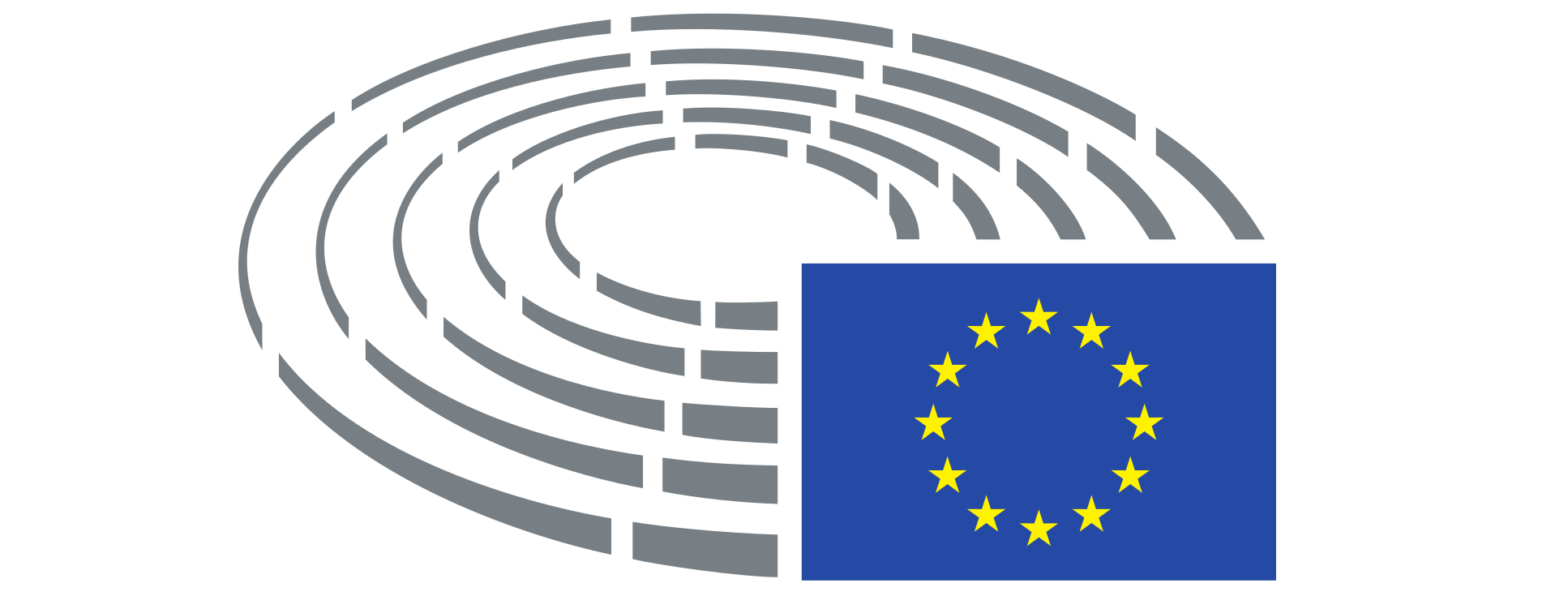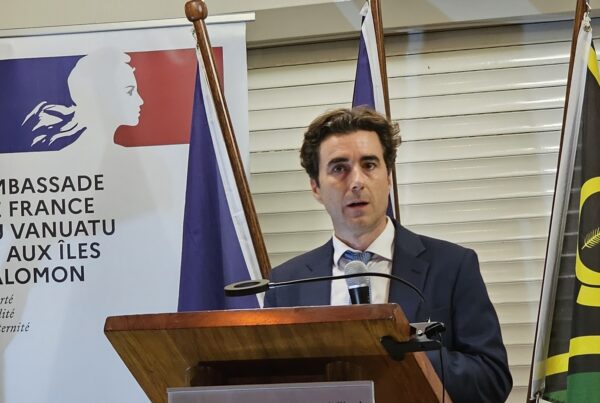EU anti-money laundering/combating the financing of terrorism blacklisting
June 1, 2021 – Question for written answer E-002888/2021
In 2019, Vanuatu was added to the EU’s blacklist of non-cooperative jurisdictions for tax purposes. It has been on the EU’s AML/CFL blacklist since 2016. This blacklisting has had serious consequences for Vanuatu’s development. It should be noted that of all the countries on both blacklists, not a single one has a predominantly white population.
Vanuatu is a former colony, and displays many of the typical socio-economic characteristics of a vulnerable, developing, post-colonial nation. Until December 2020, Vanuatu was classified by the UN as a least developed country (LDC).
It is incumbent on the international community to support Vanuatu in addressing its institutional deficiencies – especially given its graduation from LDC status – rather than punishing it for the legacy of its colonisation.
Neither the OECD nor the Tax Justice Network (the global tax watchdog) consider Vanuatu’s corporate tax structure to be inappropriate or harmful, and neither has placed Vanuatu on its list of non-cooperative jurisdictions or its tax haven index.
In the light of this discrepancy, as well as the damaging effects of blacklisting on Vanuatu’s development, and the fact that the EU’s AML/CFL blacklisting system appears to be discriminatory against poorer nations, will the Commission outline the basis for Vanuatu’s status, and commit to a review of its blacklisting system, in particular its discriminatory aspects?”
Answer given by Ms McGuinness on behalf of the European Commission
August 20, 2021
The EU list of non-cooperative jurisdictions for tax purposes lists third countries that fail to meet at least one of a number of criteria that relate to tax good governance (primarily, transparency and fair tax competition). The rationale behind the EU list exercise is to tackle tax fraud, tax evasion and tax avoidance. The first EU list was adopted by the Member States in the Economic and Financial Affairs (ECOFIN) Council on 5 December 2017 and has been updated several times since then.
The EU listing process for non-cooperative jurisdictions in taxation matters is a tool to tackle external risks of abuse and unfair tax competition. The particular circumstances of developing countries are specifically taken into account. However, Vanuatu did not cooperate in time to resolve the identified deficiencies and was therefore listed in 20191.
Article 9 of the Directive (EU) 2015/8492 mandates the Commission to identify high-risk third countries with strategic deficiencies in their anti-money laundering regimes and in countering the financing of terrorism (AML/CFT). In 2016, the Commission received information from the Financial Action Task Force identifying several strategic deficiencies in Vanuatu’s AML/CFT regime.
The country was therefore added in 2016 to the relevant list in the Annex of the Delegated Regulation (EU) 1675/20163. Since then, the Commission has been monitoring the country’s progress in line with its methodology and is cooperating with Vanuatu to ensure that the remaining strategic deficiencies are addressed in a satisfactory manner.
Through the Global Facility on AML/CFT programme4, the Commission provides technical assistance needed to third countries, and in particular developing countries, in their efforts to address identified AML/CFT deficiencies.
- https://ec.europa.eu/taxation_customs/tax-common-eu-list_en#heading_0 ↩︎
- Directive 2015/849/EU on the prevention of the use of the financial system for the purposes of money laundering or terrorist financing, as amended by Directive (EU) 2018/843 (OJ L 141, 5.6.2015, p. 73). ↩︎
- https://eur-lex.europa.eu/legal-content/EN/TXT/?uri=uriserv%3AOJ.L_.2016.254.01.0001.01.ENG ↩︎
- https://www.global-amlcft.eu/ ↩︎





